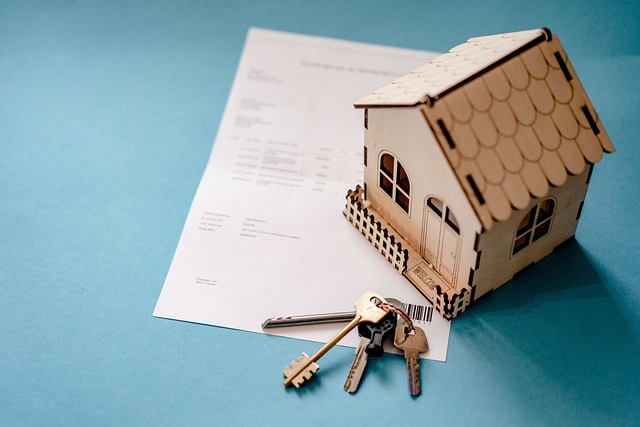Understanding Home Value: Key Factors and Valuation Methods
The concept of home value is central to the real estate market, influencing decisions made by buyers, sellers, and investors alike. Whether you're looking to purchase a property, sell your current home, or simply curious about your home's worth, understanding the factors that contribute to home value is essential. This article delves into the intricacies of property valuation, exploring the methods used to determine a home's worth and the key elements that can impact its value.

How are automated valuation models used in real estate?
Automated Valuation Models (AVMs) have become increasingly popular in the real estate industry as a quick and cost-effective method for estimating property values. These sophisticated algorithms analyze vast amounts of data, including recent sales of comparable properties, property characteristics, and market trends, to generate an estimated value for a specific property. While AVMs can provide a useful starting point for understanding a home’s potential worth, they may not account for unique features or recent improvements that could significantly impact the property’s actual value.
What are the traditional methods of property valuation?
Traditional property valuation methods often involve a more hands-on approach compared to AVMs. The most common method is the comparative market analysis (CMA), where a real estate professional compares the subject property to similar recently sold properties in the area. Another approach is the cost method, which estimates the value based on the cost to rebuild the property from scratch, factoring in depreciation. For income-producing properties, the income approach is used, which calculates value based on the property’s potential income generation.
How accurate are online home value estimators?
Online home value estimators have gained popularity due to their accessibility and instant results. However, their accuracy can vary widely. These tools typically use public records and recent sales data to generate estimates, but they may not account for recent renovations, unique property features, or hyper-local market conditions. While online estimators can provide a general ballpark figure, they should not be relied upon for making significant financial decisions. For a more accurate valuation, it’s advisable to consult with a local real estate professional or licensed appraiser who can provide a comprehensive analysis of your property’s value.
What role do appraisals play in determining house pricing?
Appraisals play a critical role in the home buying and selling process, particularly when mortgage financing is involved. A professional appraiser conducts a thorough evaluation of the property, considering factors such as location, condition, size, and recent comparable sales in the area. The resulting appraisal report provides an unbiased opinion of the property’s fair market value. Lenders use this information to ensure they’re not over-lending on a property, while buyers and sellers rely on appraisals to negotiate fair prices. In some cases, a low appraisal can impact a sale if it comes in below the agreed-upon purchase price, potentially requiring renegotiation or additional down payment from the buyer.
How can homeowners improve their property’s value?
Homeowners can take several steps to potentially increase their property’s value. Updating key areas of the home, such as the kitchen and bathrooms, often yields a good return on investment. Improving energy efficiency through better insulation, updated windows, or modern HVAC systems can also boost value while reducing utility costs. Enhancing curb appeal with landscaping and exterior improvements can make a strong first impression. Regular maintenance and addressing any structural issues are crucial for maintaining and potentially increasing home value. However, it’s important to note that not all improvements will necessarily result in a dollar-for-dollar increase in value, and some may be more beneficial in certain markets than others.
Understanding home value is essential for anyone involved in the real estate market. While various methods and tools are available for estimating property worth, the most accurate assessments typically involve a combination of data analysis, professional expertise, and consideration of local market conditions. Whether you’re buying, selling, or simply curious about your home’s value, consulting with local real estate professionals can provide valuable insights tailored to your specific property and market conditions.






